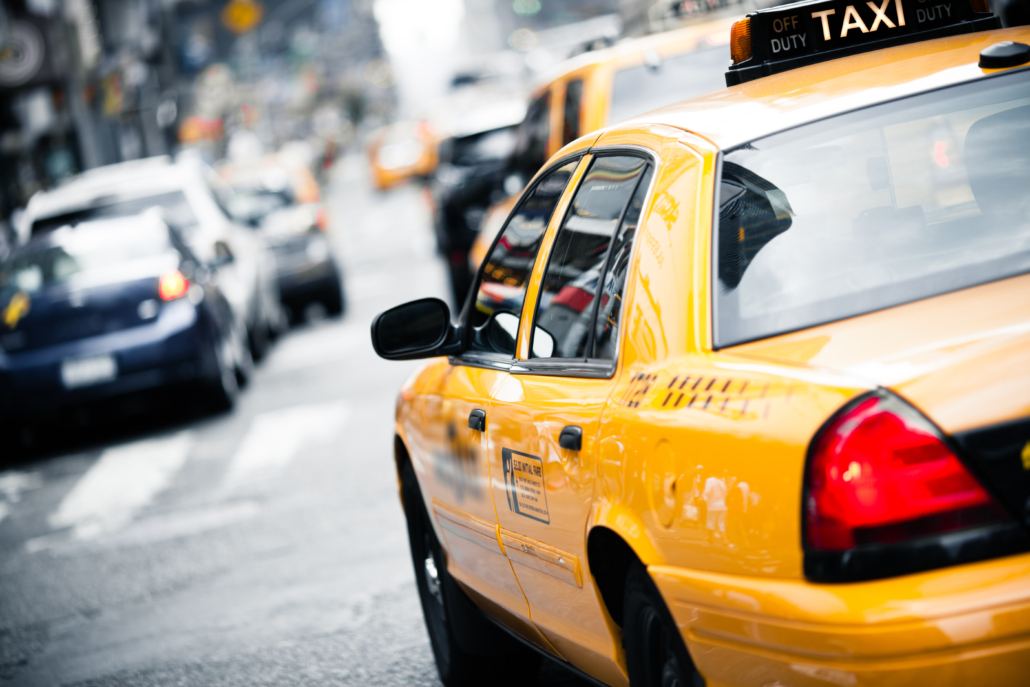Minoritized Youth and Racial Profiling, Part 1
Growing up, my parents spoke to my brothers and sisters over and over about getting approval before going to places and visiting friends on our own. During my youth years, my understanding was limited because I always thought that everything would be fine and immediate approval increases my time to be with my friends. Since my parents were so protective, I did not encounter explicit racial profiling until I was a sophomore in high school. It was after wrestling practice. My best friend and I were walking through a store trying to purchase some krimpets. Then someone in the store was following us very closely without any shame. We returned to the store many times after because it was on our walking route home. However, we were racially profiled many times in the store afterwards. Additionally, we observed it happening to our other friends of color. Fortunately, this type of profiling did not lead to any harm to me or my friends.

In our usual GOMO fashion, we seek to find people who have experienced the same type of topical challenges that we’re covering. This time, we have Dr. Michael DuBose, a New Jersey district supervisor and GOMO consultant, to share his input about his youth and racial profiling. “When reflecting on racial profiling, I ponder on Jor’Dell Richardson, a 14-year-old African American male from Colorado, who was fatally shot by Aurora Police Officer Gruszeczka on June 1, 2023 (Easterwood, 2023). I wonder what more could have been done to protect this child. Certainly, a common solution is frequent bi-directional discussions between the parent and child to inform, educate, and model appropriate behaviors to apply when dealing with the police. For this reason, if more minority homes continuously engage in these discussions with their children, perhaps less youth may fall prey to police brutality, like Richardson and countless others. According to Kaiser Family Foundation (KFF), a poll illustrated that 7 out of 10 African Americans encountered discriminative practices or abrasive circumstances involving law enforcement (KFF, 2020).
Defined as the use of race to determine if an individual committed a crime (Oxford University Press, 2023), the insidiousness of racial profiling is a conundrum for the minority population (e.g., African Americans, Latino Americans, etc.) of all ages. Regardless if a minority individual lives in a red (Republican) state or a blue (Democratic) state, two facts remain true. Racial profiling is problematic throughout the United States and minority individuals experience this form of discrimination in modern times.

While this blog post will focus on racial profiling by way of police officers, I opine that theoretically racial profiling extends beyond the discriminative actions by law enforcement. Clearly, one’s shopping excursion can be dictated by the treatment or perception by a merchant who is racially biased. McCabe (2023) reported the results of a Deal Aide survey wherein 1,020 African American consumers participated. The survey findings illustrated that the over 90% of African American expressed being racial profiled during their shopping experience.
While flabbergasted by the latter statistical results, these findings are not surprising since my own experiences were bitterly familiar. Living in New Jersey, a progressive blue state, racial profiling is notorious. For example, ABC News (2000) revealed that NJ State Police were fully aware that African American drivers were targets for traffic violations. I’ve experienced circumstances involving racial profiling throughout my life. Some examples involved Santa Claus denying me the chance to pose for a picture while at the mall. Side note, this incident influenced my father to “play” Santa to show me that Santa loves all children. Moreover, in a world so huge, Black Santas exist too. Another example are the numerous moments I was followed from aisle-to-aisle in various stores. A final example were those times that I stood patiently flagging down a taxi in New York City. Despite how far I stretched or waved my arms, the color of my skin prevented me from getting serviced. While these experiences molded my perspective about being Black in America, none have been as detrimental to my being than being racial profiled by the police.

My 17-year-old self was naïve and still wet behind the ears. With this in mind, never in a million years would I have surmised that I would have my own story to share about racial profiling. My parents were the conversative and practical types who were immensely involved in my development. They were raised in the South and spoke vividly about their experiences with racism. Because they had a child of dark pigmentation and I was learning how to drive, these stories were constant. With these variables in mind, my mother always got on my case about carrying a wallet every time I walked out of the house.
At this time of my life, my parents and I resided in an opulent and rather prestigious neighborhood in Jersey City, New Jersey. Few African Americans were so privileged to reside on this street consequent to home pricing as well as the cost of rent. Further, I attended a county school whose schedule slightly differed from the city’s school district where I lived. Thus, my high school was off on this particular day, whereas the nearby schools were in session. Being a typical teenager, I was home alone, and I wanted some fresh air and a bite to eat. So, with a happy-go-lucky spirit, I rushed out the door to the nearby McDonalds situated on a busy road. Though I was mindful that I left my wallet at home, I thought what could possibly happen in such a short duration of time. I lived around the corner from McDonalds and hypothesized that it would be a quick trip. Besides, I possessed enough money to purchase one Quarter Pounder sandwich with a super-sized French fry, and an Orange Hi-C, with little to no ice.”

Whether you live in an urban area like Jersey City, New Jersey or a suburban township like Laguna Beach, California, you are curious to know what will happen to Michael during his short walk to the nearby McDonalds. However, the question we should be asking ourselves, why should Michael have to be concerned with anything beyond having the funds to cover the expenses for his meal? Stay tuned for part 2 of this blog post to read about Michael’s experience of walking in his neighborhood during the day as a young black male.
References
ABC News (2000). N.J. Knew of Racial Profiling for Years. Retrieved from https://abcnews.go.com/amp/US/story?id=95406&page=1
Easterwood (2023). Aurora cop who shot 14-year-old has past racial profiling complaint. Retrieved from https://kdvr.com/news/local/aurora-cop-who-shot-14-year-old-has-past-racial-profiling-complaint/amp/
KFF (2023). Most of the Public Favor a Range of Police Reforms to Curb Excessive Force, though Partisan Gaps Exist on Some Key Proposal. Retrieved from https://www.pacer.org/parent/php/PHP-c171.pdf
McCabe (2023). State of Racial Profiling in American Retail. Retrieved from https://dealaid.org/research/racial-profiling-in-retail/
Oxford University Press (2023). Racial Profiling. Retrieved from https://www.oxfordlearnersdictionaries.com/us/definition/english/racial-profiling?q=Racial+profiling



